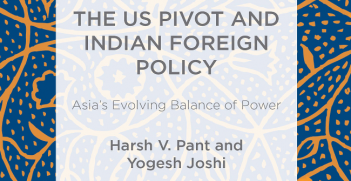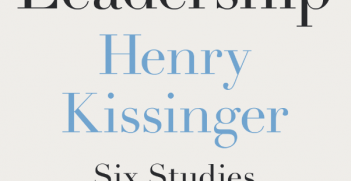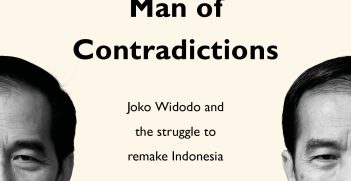Australia and the World: A Festschrift for Neville Meaney

The editors of this handsomely produced volume pay tribute to an Australian historian of foreign policy whose long career at Sydney University has spanned half a century. Neville Meaney was one of the earliest Australians to complete his doctoral studies at Duke University’s Center for Commonwealth Studies, which flourished from the mid-1950s to the late 1970s. Most essays in this volume were written by former students of Meaney and several of them reflect his companion interests in the history of American foreign relations and in the meaning of national identity.
Joan Beaumont’s opening chapter examines the historiography of Australian foreign policy, noting that despite the rapid expansion of an international relations discipline from the 1960s, the history of Australian foreign policy became marginalised in most Australian universities. Nevertheless, the few historians of foreign policy who did publish remained wedded to empiricism and documentary evidence; so, she might have added, did most of the political scientists who focussed on foreign affairs.
Not surprisingly, essays on aspects of race relations in Australian foreign policy feature prominently in this collection. Matthew Jordan examines the Chinese Immigration Crisis of 1888, about which much had already been written of course. But Jordan tries to break new ground in arguing against one of the traditional explanations of Australian opposition to imported Chinese labour. The Chinese were not opposed as an economic threat, but simply because white Australians wanted a homogenous and monochrome society. In a survey of the influence of the White Australia policy on relations with India in the early post-war period, Eric Meadows reveals that India accorded the relationship with Australia relatively little importance and press coverage was generally negative. Nevertheless the Indians would apparently have been grateful for even a modest quota of immigrants, along terms they had negotiated with Canada.
James Cotton provides a further link to his magisterial study of the Australian school of International Relations with his chapter on A.C.V. Melbourne, the Queensland-based economic historian, who recognised the looming importance of Asia, and Hugh Clarke assesses Meaney’s writings on Australian-Japanese relations, especially his major work, Towards a New Vision, published in 2007.
The theme of race patriotism looms quite large in this collection. Richard Lehane traces the push by Colonel E.T. Hutton for “a military mission for Greater Britain”, endorsed by such late 19th century imperialists as Seeley, Dilke and Chamberlain. Colin Milner re-assesses the enormous contribution to Australian national governance of one of the constitution’s founding fathers and distinguished civil servants, Robert Garran, and calls for a full-scale biography.
In a bracket of first-class essays on Britishness, Stuart Ward examines the civic culture in Canada, Australia and New Zealand during the 1960s and 1970s, “in the wake of the British world”, and Australia’s evolving political culture is compared with Britain’s by the veteran Australian Oxonian, Ross McKibbin.
In another bracket, on Australian American relations, James Curran assesses Lyndon Johnson’s presidential visit to Australia in October 1966 and in an exploration of the history of Australian-American relations during the Howard years, David McLean challenges those interpreters who have relied too heavily on the historiography of the Cold War era.
Matthew Jordan highlights Meaney’s own writings on American foreign policy, especially his focus on the myth of U.S. exceptionalism; David Rowlands traces the origin and development of Woodrow Wilson’s eponymous “idealism”; and Michael Thompson invites a re-discovery of the warnings of Reinhold Niebuhr, possibly the most significant American political theologian of all time, on American nationalism. Thompson recognises the tension between Niebuhr’s suspicion of nationalism and his calls for intervention during the Cold War. American nationalism is also the focus of Tom Switzer’s intriguing essay on Richard Nixon’s “ideological odyssey”.
There is a refreshing willingness to challenge orthodox interpretations of recent history in several of these essays, and the prose is almost uniformly of high standard. The editors deserve credit for their coordinating handiwork, and so does the ageing but still active scholar whose teaching and writings inspired these tributes.
Joan Beaumont and Matthew Jordan (eds), Australia and the World: A Festschrift for Neville Meaney (Sydney: Sydney University Press, 2013), ISBN 978-1-743-32000-6.
Reviewed by Professor Peter Boyce, Politics and International Relations Program, University of Tasmania.





